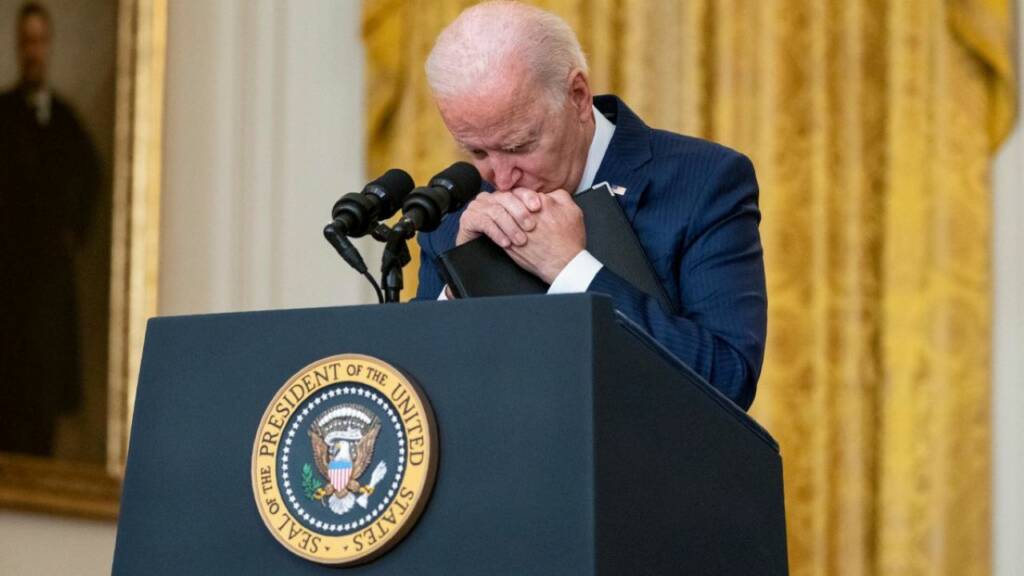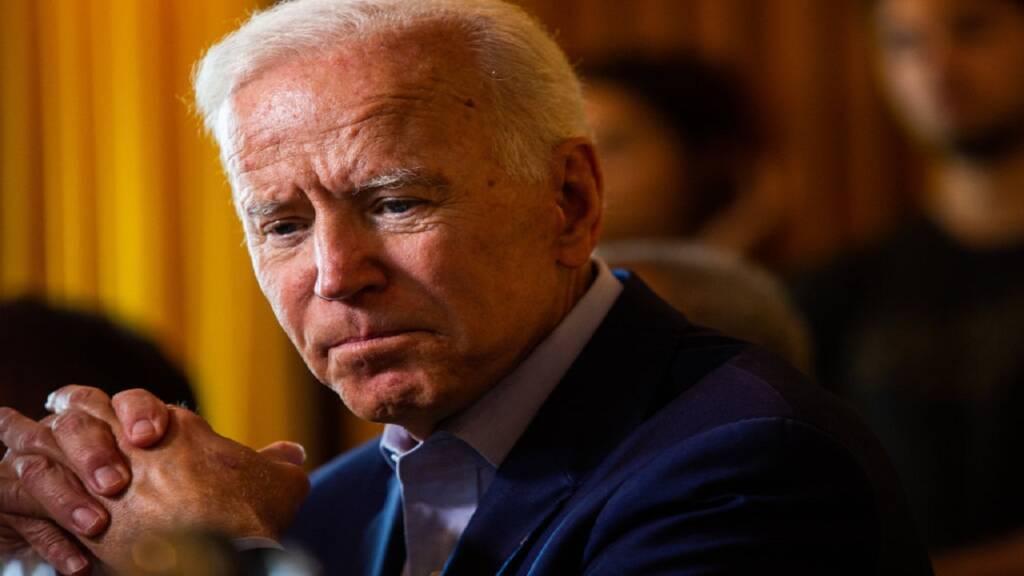
As per an Axios report, Secretary of State Tony Blinken apologized to Abu Dhabi Crown Prince Mohammed bin Zayed last month.
The Biden administration admitted that it was slow to react to Houthi attacks. This is a huge concession by the Biden administration which has been insisting on isolating its Arab allies till now. But why this change of heart? Let’s find out.
Emirates disappointed
As per Axios, the Emiratis were disappointed by what they saw as a weak and slow US response to the Houthi attacks.
Blinken, therefore, admitted during his Morocco meeting with MBZ that the US took too long to respond. A senior State Department spokesperson refused to speak about Blinken’s private conversation with the UAE leader. However, he didn’t deny that the Secretary of State apologized either.
The official said, “The Secretary made clear that we deeply value our partnership with the UAE and that we will continue to stand by our partners in the face of common threats.”
Earlier, MBZ had refused to meet CENTCOM commander Gen. Kenneth McKenzie during his visit to Abu Dhabi because it has taken him 22 days to make the trip.
The Emiratis have also been frustrated by Biden’s refusal to re-designate the Iran-backed Houthis as a terror organization.
The oily apology
There is just one factor driving Biden’s change of heart on the Arab front – oil. Gasoline prices in the US have skyrocketed. And this is putting severe inflationary pressure on the American economy. Inflation in the US has already touched a four-decade high.
Read more: ‘Don’t flip your sh*t,’ WaPo and NYT want Americans to stop whining about inflation
The situation is critical. Last month, the US had to fall back on its emergency oil reserves in a bid to cool down the soaring prices. This puts the US energy security at major risk and becomes a challenge of sorts for the Biden administration. It is in this context that Biden decided to approach the Arabs more humbly.
Read more: Joe Biden’s Oil flip-flop has pushed the US towards an unimaginable recession
The Arabs won’t pump oil without major concessions
Somewhere down the line, Biden has understood that getting Saudi Arabia and the UAE to pump more oil isn’t going to be a cakewalk.
Gone are the old days, when the US could request its Arab allies to pump more oil and bring down prices.
Biden has only himself to blame. He is the one who rubbed the Arabs the wrong way. Since day one of his tenure as the US President, he has been trying to bully MBS over the murder of Jamal Khashoggi.
And the UAE too feels abandoned. The Biden administration stopped supporting the Arab offensive against Iranian-backed Houthis in Yemen. The UAE feels that the Biden administration is undermining its security interests by trying to revive the Iran nuclear deal without taking the Gulf nations into confidence. Saudi Arabia too shares similar concerns.
Yasmine Farouk at the Carnegie Endowment for International Peace said, “You see, in MBS’s head, it’s, ‘What is it good for if you’re the strongest military in the world but I cannot benefit from that? You’re withholding the arms I want, you’re withholding the systems I want. And you do not respond when I’m attacked.”
You see, pumping more oil isn’t as simple for the UAE or Saudi Arabia. They have an agreement with the OPEC and its allies, including Russia, on limiting oil production. The Arabs will be breaking this agreement if they ramp up oil production.
If they do break this agreement, no one will make a deal with them in the future. So, if tomorrow Saudi Arabia wants to limit oil production and maintain higher prices, Putin can say ‘you didn’t help me during the Ukraine crisis and I won’t help you now.’
Riyadh and Abu Dhabi are time-tested US allies. However, they won’t take a big oil risk for a Biden administration that has refused to cooperate with them. If Biden wants Arab oil, just a diplomatic apology won’t do. He needs to make major concessions on issues like Yemen, the Iran nuclear deal, and arms supplies. Only then will he stand a chance of getting some respite in the energy sector and calming record inflation in the US.
